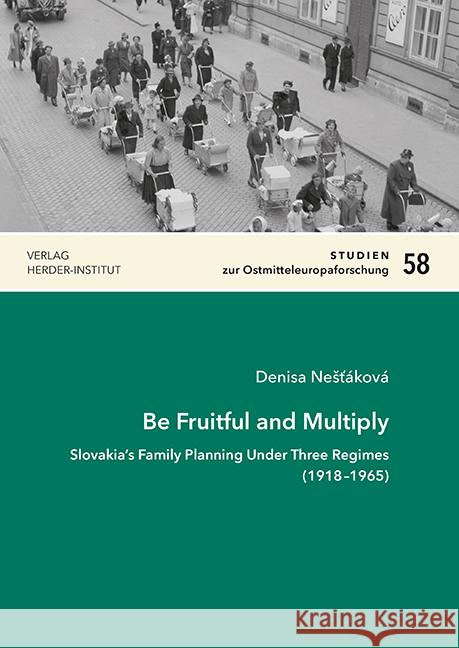Be Fruitful and Multiply » książka
Be Fruitful and Multiply
ISBN-13: 9783879694853 / Angielski / Miękka / 276 str.
With a focus on reproductive policies in 20th-century Slovakia, which aimed at regulating the reproductive behavior of its citizens, this book sheds light on the long history of policing women's bodies as an intrinsic means of controlling their lives. The history of family planning in 20th-century Slovakia offers a glimpse into past developments relating to abortion, birth control, sexuality and reproductive rights in East Central Europe, as well as the rest of Europe. Thus, it allows a broader understanding of the similarities and differences between the East and the West. By examining the tendencies toward more liberal and progressive reproductive policies in the First Czechoslovak Republic (1918-1938/9), then the shift to a conservative view of the family and women during the wartime Slovak state (1939-1945) and the "sexual liberation" of the 1950s and early 1960s in socialist Czechoslovakia, this volume examines the impact of political and social changes on family planning in modern Slovak history. This work shows that irrespective of which regime ruled over men and women in Slovakia, they all endorsed reproductive growth, and an increase in the birth rate was supported, desired, required and sometimes enforced. The private decision-making of individuals in family planning thus became a matter of public interest, in which populism, traditionalism, conservatism, pronatalism and religion combined or clashed with eugenics and racism, as well as with science, public health and feminism. Sometimes these aspects of family planning operated in parallel and created stories of backlash, resistance and ruptures. In the midst of all this was the female body, which was obliged to serve accordingly.











